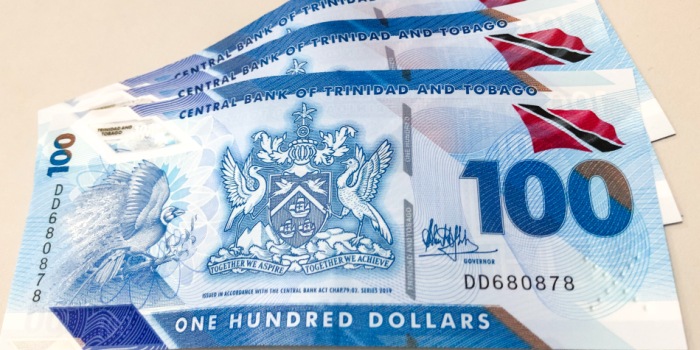A Firstline Securities Limited Blog from our Risk Manager in London.
Part 1 – The 2020 Mid-Year Review
INSIGHTS

Introduction
On the 12th June 2020 the Minister of Finance presented the current administration’s final mid-year review before the election. In this and the next two blog entries we begin to explore the main contents of that presentation and the implications for that review for the citizens of Trinidad and Tobago.
This review was presented in difficult and challenging conditions. Since early March 2020 the world has changed beyond recognition. In order to protect citizens across the world, the global economy has been severely curtailed by the impositions of shutdowns and restrictions on the freedom of movement.
As a result, the IMF is now forecasting a recession for 2020 that will be worse than the one that followed the 2009 Global Financial Crisis.
There is some good news on the distant horizon – based upon an assumption that the pandemic fades in the second half of 2020 and containment efforts can be gradually relaxed – the global economy is expected to grow by 5.8% in 2021.
Normalcy – and a return to growth – is conditional on two things:
- The COVID-19 pandemic is controlled during the second half of 2020.
- Policy support and stimuli will be provided by governments and financial intermediaries including central and retail banking institutions.
Whether the pandemic fades remain to be seen.
The Global Context to the Mid-Year Review

The Government of the Republic of Trinidad and Tobago (GORTT) has had to contend with a 40% decline in natural gas prices since 2019.
This decline has been caused by weak demand for gas generally, the restarting of nuclear power plants in Japan and increased exports of LNG from non-traditional exporters.
Throw COVID-19 into the equation and in March 2020 West Texas Intermediate (WTI) prices for oil turned negative as the demand for oil collapsed from the world shutdown and because storage tanks for excess oil were full to capacity.
Thankfully, since March 2020, oil prices have stabilised around the US$40 per barrel as a result of OPEC and Russia reaching an agreement to cut output.
Photo Credit – View Link
The Impact of COVID 19 on Trinidad

COVID-19 arrived in Trinidad in March 2020.
Through the issuance of public health regulations, a closure of the border, stay-at-home orders and public information announcements designed to curtail and stop COVID-19 in its tracks, the GORTT has been comparatively successful at containing COVID-19. On this we will make further comment below.
Curtailing COVID-19 has come at a significant cost.
Substantial sums have been allocated to the health sector for the recruitment of additional personnel, the acquisition of new medical equipment and personal protective equipment (PPE).
In addition, economic activity has been curtailed and this has had a serious impact on tourism, hospitality, manufacturing, trade, distribution, construction, personal and professional services, the arts, financial services, entertainment and recreation.
The knock-on effect of the lockdown has led to the need to design a broad set of policy initiatives designed to assist the poor, protect businesses, safeguard jobs and support incomes, and to maintain financial resilience so that the economy is in a position to recover quickly.
Photo Courtesy: The Trinidad Newsday
The GORTT’s Financial Support Programme

The GORTT’s financial support programme has been designed to provide a safety net for the most vulnerable households and businesses.
Critical elements of this Programme include:
- 25,000 existing beneficiaries under the food support programme have received additional funding.
- 50,000 individuals who have been retrenched or have had their incomes reduced have become additional beneficiaries under the Food Support Programme.
- 20,000 households have become beneficiaries under the Food Support Programme.
- 42,000 existing beneficiaries under the Public Assistance and Disability Assistance Grant Programme have had their income increased.
- 47,000 individuals who have lost their jobs or had their income reduced have received salary relief or income support grants. 25,000 of these grants have been paid so far to those who are outside the NIS and BIR system and work in the “informal economy”. Salary relief grants are for TT$1,500 per month for three months. Over 22,000 have received these salary relief grants representing 70% of those in the ‘formal economy” who have applied for relief.
- 1,400 families in direct need have been provided with hampers.
- 30,000 families in direct need are receiving food vouchers.
- 10,000 families are or will shortly receive rental assistance. Rent relief grants of up to $2,400 per month are available.
- A one-time fuel relief grant of TT$2,000 has been provided to 5,000 active maxi taxi owners and a sum of TT$750 is to be made available to approximately 15,000 registered owners of active taxis.


